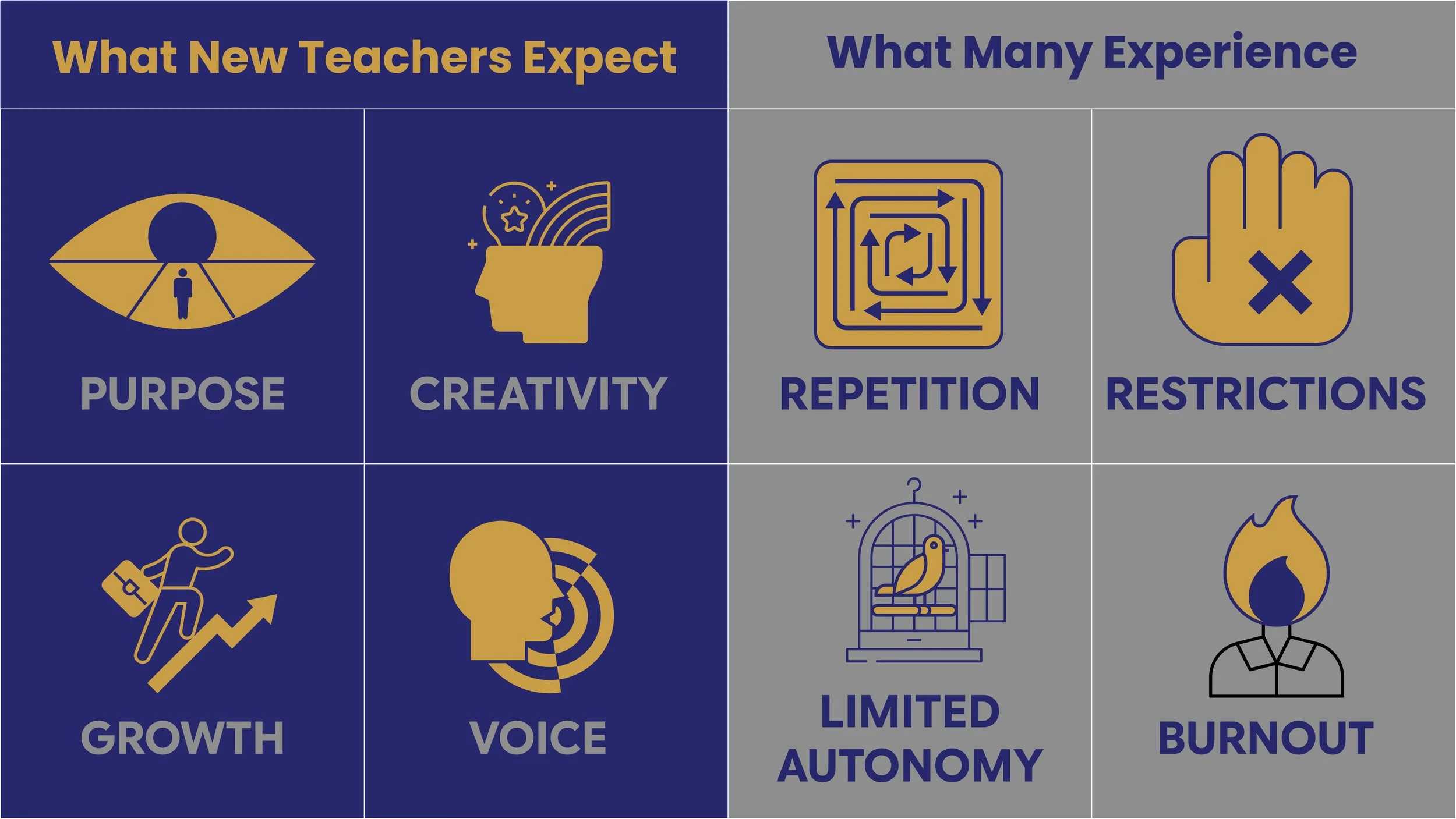For school leaders, March may be one of the most important months of the school year. The decisions made now quietly shape next year’s culture, retention, and student outcomes. What happens in March not only affects the rest of this school year, it sets the stage for what staff and students carry forward into the fall.Solidifying School Culture:Real, lasting school culture is not built during opening-day speeches in August, it is solidified during the everyday moments. In these times, leadership communication matters deeply. When expectations are framed with clarity and support, when small wins are acknowledged, and when leaders remain steady despite pressure, staff experience stability instead of stress. March is often when teachers begin quietly evaluating whether they feel supported enough to return next year. Intentional communication and predictable systems during this stretch prevent cultural drift and reinforce trust.Investing in People:Burnout is also more visible this time of year. It shows up in energy levels, collaboration, attendance, and instructional risk-taking. Too often burnout is framed as an individual resilience issue, but it’s possible that it signals a more systemic deficiency. It can reflect unclear priorities, initiative fatigue, or limited voice in decision-making. One of the most powerful leadership responses in March is listening to the needs, desires, and gaps of faculty and staff. When leaders intentionally create space to ask what is working, what feels heavy, and what support would make the greatest difference, they build trust. And that trust directly influences instructional quality and, ultimately, student experience.Building Strategy:Although budgets may not be finalized and staffing decisions may still be pending, planning for next year has already begun informally. Staff members are asking themselves whether the workload is sustainable and whether leadership listens. Students and families are forming impressions about belonging, clarity, and consistency. Leaders who use this month to clarify priorities, repair relational gaps, and reduce initiative overload create momentum that carries into the next school year.March functions as a leadership multiplier. When it is approached as a strategic pivot point, stability and retention strengthen. This is the moment to re-center culture, address burnout systemically, strengthen relational trust, and clarify direction before spring intensifies the pace. Next year’s success is not built in August; it is built in the quiet, strategic decisions leaders make right now.
The DMC Learning Success Team has over 30 years of combined experience in education, teaching in K-12 settings, and supporting learning success in college/university settings. Drawing from these experiences, DMC is committed to providing resources and tools related to our current work, which involves helping educational partners improve their culture through intentional and scalable solutions.






